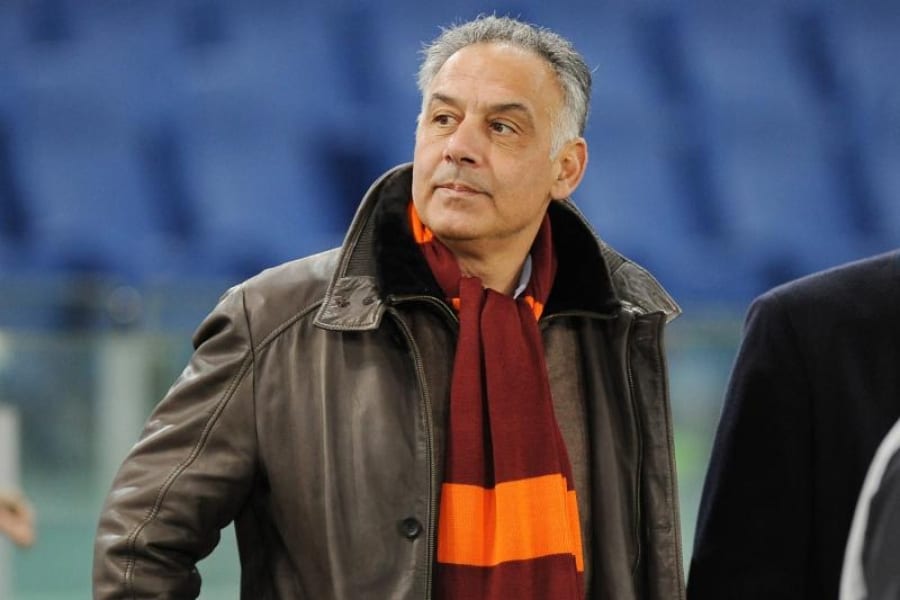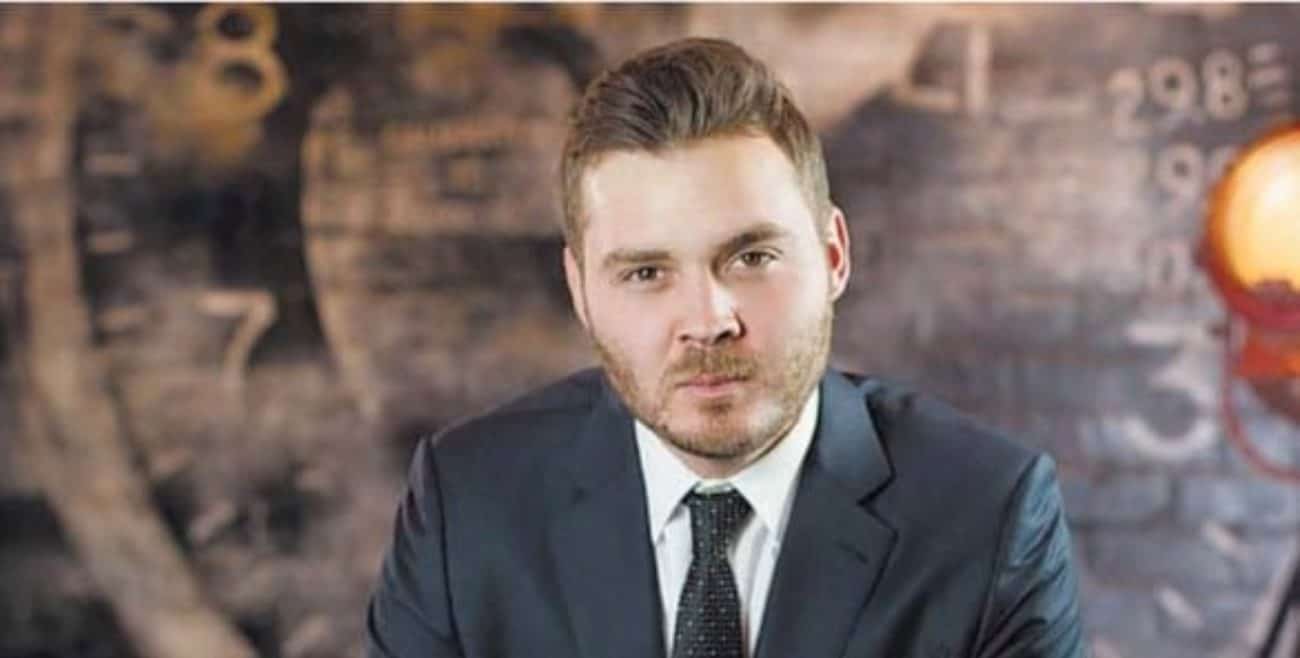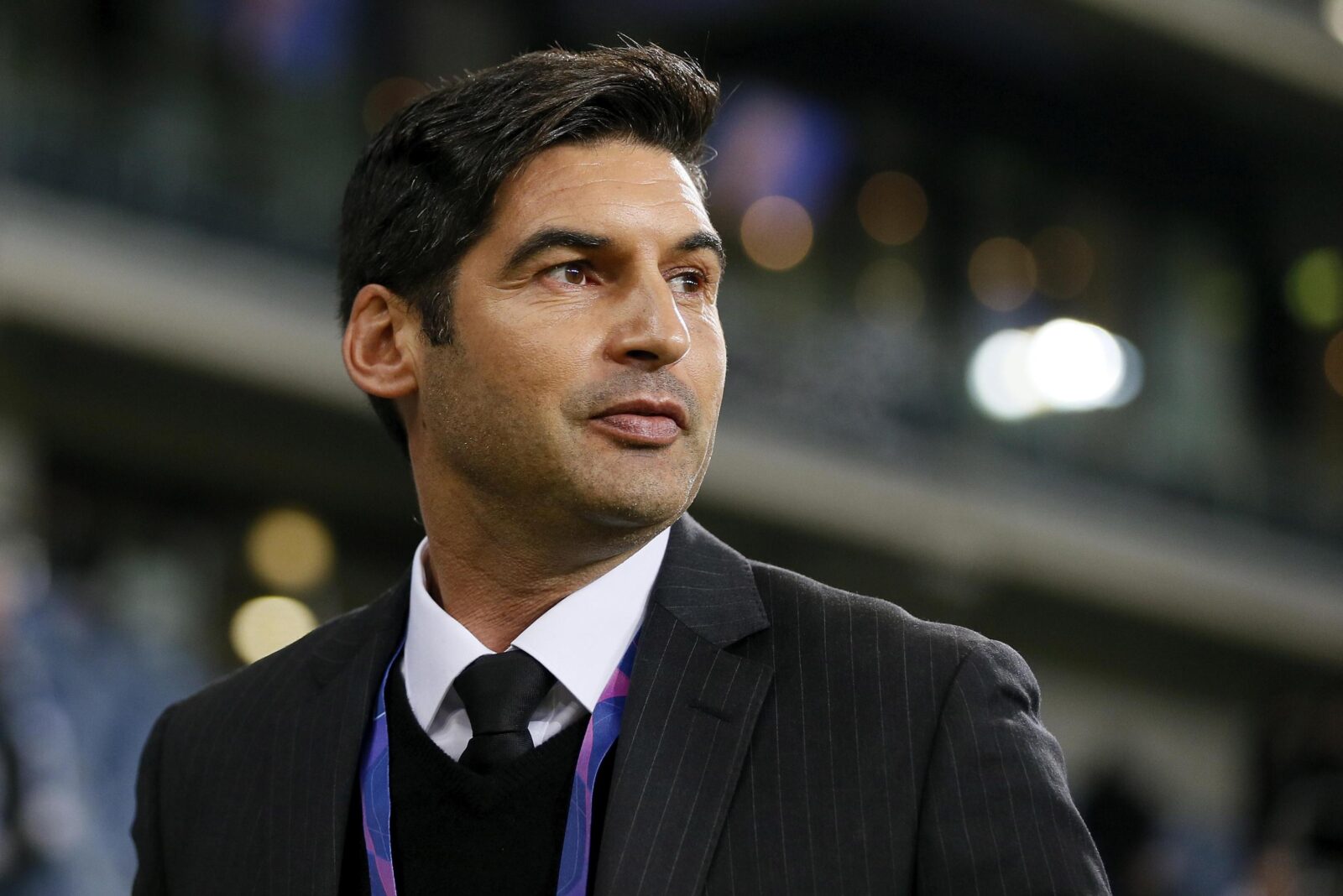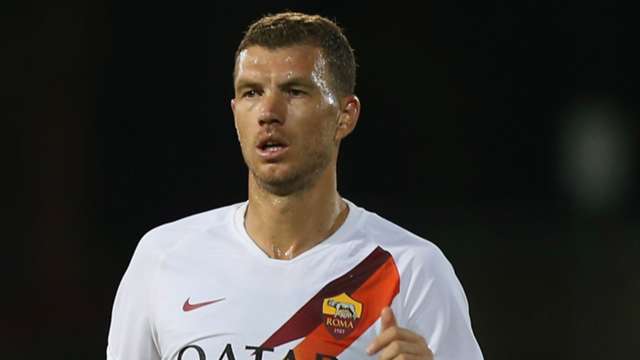As Roma gets a new owner, and a new future, this fan remains skeptical

Life as a soccer fan in Italy has been practically back to normal for nearly two months. It’s odd watching games in empty stadiums but from a pub you rarely see the stands as a TV graphic. Besides, soccer announcers talk so much you can’t hear the players’ ubiquitous cursing over the TV anyway.
Juventus won Serie A for the — yawn! — ninth straight year. Cristiano Ronaldo proved he’s still immortal at 35. Inter Milan qualified for the Champions League again.
Also falling in line with the Serie A’s annual script is my beloved AS Roma finished in the second tier. Its fifth-place finish left it out of next season’s mega-lucrative Champions League for the second straight year and Thursday’s 2-0 pratfall at Sevilla bounced it already from this season’s Europa League, European soccer’s version of the NIT.
Life as a Roma fan is like playing a slot machine: It’s all hope and disappointment, sprinkled with the occasional payoff. But now my adopted soccer-crazed city thinks we can step up to the poker table. Maybe soon we can play with the big boys. Who knows? We could cash out big.
AS Roma has a new owner.
On Monday in London, James Pallotta will officially pass the ownership reins to one Dan Friedkin after the two formally agreed on the deal Thursday. Based in Houston, Friedkin is the king of Toyota dealerships in the Southwest with a net worth, according to Forbes, of $4.1 billion.
The problems
Initially, I thought Friedkin was the one new member of the team who needed drug testing. For 591 million euros (about $695 million), he’s taking over a club with:
- A debt of 260 million euros.
- A 1.5-billion-euro stadium proposal that has been negotiated for eight years and has not seen its first shovel of dirt.
- Arguably the most unrealistic fan base in Europe.
I know. I’m part of it. Every year, anything short of a Serie A title is considered a failure along the lines of the Roman Empire. This from a club that has won only three Serie A crowns since forming in 1927, the last in 2001. I have become so disillusioned, I find myself reverting back to my 40-year career as a sportswriter and becoming as cynical as an old man on his porch.

It’s why I look at Friedkin and see an American with no connection to Italy or European soccer. (At least Pallotta is of Italian descent.) Friedkin knows nothing of the insane culture behind AS Roma, a flaw that led to Pallotta’s colossal unpopularity. In fact, Friedkin’s lone connection to sports is getting the naming rights on the Houston Rockets’ arena, the Toyota Center, and a failed attempt to buy the team in 2017. He’s handing his 30-year-old son, Ryan, the title, likely, of president (sound familiar, Americans?) and must hire the all-important sports director and technical director.
Then again, putting on one of the dozen or so red-and-yellow AS Roma shirts from my closet, I share my fellow Romanisti’s optimism. The stadium received an OK from the mayor last week. Friedkin can buy a lot of talent with $4.1 billion. I can’t find a single area in business where he has failed.
Pallotta unpopular
In my Monteverde neighborhood, built by the fascists in the 1920s but predominantly AS Roma country, people are upbeat, even after the awful display at Sevilla. The baristas in my local coffee bar say, “Pallotta merda! Arriverderci! (Pallotta is shit! See ya’!)” The fact that Friedkin is another American with no soccer background doesn’t seem to matter.
So who is Dan Friedkin and why should I put my faith in him?
The San Diego-born, Georgetown-educated Friedkin, 54, took over Gulf States Toyota Distribution from his father, Thomas, who started it in 1969. Dan grew it to where it has exclusive rights to sell Toyotas in Texas, Arkansas, Louisiana, Mississippi and Oklahoma. In 2018, Forbes reports the company’s sales hit $9 billion.
He also branched out. His Friedkin Group owns Imperative Entertainment, a studio behind such movies as Clint Eastwood’s “The Mule;” Pursuit Aviation, an aerial cinematography company; and NEON, a film production company that has produced $150 million at the box office and 10 Oscar nominations, including last year’s Best Picture, “Parasite.”

His right-hand man is his son. Ryan, who has already found a home in Rome, is director of the Friedkin Group and has a deep background in every branch of the corporation: cinema, charities, cars and resorts. He talked his father into buying the team despite all the problems awaiting.
As Ryan was quoted in Corriere dello Sport, “People fear things they don’t know and haven’t seen.”
What neither of them has seen is the blackberry bush that awaits them in the Rome bureaucracy. Forget a soccer stadium. Trying to get a newsstand built in Rome would piss off the pope. It’s what eventually drove Pallotta out of town. He said if he didn’t get the stadium approved by 2020 he’d sell the team.
He’s a man of his word. His word also made nearly 490 million euros after he was the major part of the consortium that bought the club for 100 million in 2011. Still, Pallotta has regrets. When the two men started negotiations in November when the asking price was 750 million euros. Then the pandemic hit and Roma didn’t qualify for the Champions League which is worth a minimum of 15 million euros per participating club with major increases on each advancement.

Friedkin’s most important goal is building the stadium, the one that made Pallotta see what all of us expats know in dealing with Rome’s bureaucracy. Pallotta felt, rightfully so, that a new stadium would drastically increase profits and put Rome in the same buyer’s market as Juventus, one of only three clubs in Serie A with its own stadium. Until it’s built, Roma must share 60-year-old Olympic Stadium with Lazio, its bitter rival which finished eight points ahead of Roma in fourth, the last Champions League qualifying spot.
Friedkin’s timing, however, is still good, a deadly worldwide virus notwithstanding. Last week mayor Virginia Raggi gave her OK to the stadium. It’s no coincidence she gave it shortly before announcing her reelection campaign for next year.
Mayor is on board
Local media claim she wouldn’t have given the OK without back channel assurances from members of the Democratic Party and the center right that they’ll also approve it. Friday she received the important approval of two documents that will form the “stadium dossier” going to the chamber for a vote, probably next month.
Like most Rome residents, I’ll believe it when I see Roma’s beautiful logo flying over the stadium. I won’t have to look far. The proposed site is the neighborhood of Tor di Valle where a disused hippodrome still sits and is only four miles from my apartment in southwest Rome toward the airport.
The Lazio region and Rome city council must endorse the project while a corruption investigation is still ongoing. Pardon me if I’m not putting my name in for season tickets yet.

Friedkin, as Pallotta tried, is buying time until “Stadio del Toyota” stands. In the meantime, Friedkin has a team to rebuild. He already announced he’s sticking with manager Paulo Fonseca, the eighth manager in Pallotta’s eight years as owner. In his first year, he recorded 21 wins, 7 ties and 10 losses. A pre-pandemic stretch of five losses in eight games killed any hope of a Champions League berth but an eight-game unbeaten streak, including seven wins, after the season restarted in June, saved his job and another berth in the Europa League.
But the impotent performance at Sevilla exposed Roma as the second-class continental club that it is. Friedkin must score bullseyes on his sporting director (DS) and technical director. High on the list for DS, who will make most of the personnel calls, is Piero Ausilio, Inter’s DS whose contract expired June 30 and who has clashed with manager Victor Conte. Media reports also list Ramon Planes, Barcelona’s technical director, and Victor Orta, the Spaniard who just led Leeds to promotion into England’s Premier League.
Could Totti return?
For technical director, one wild name tossed around is Fabio Capello, the last manager to lead Roma to a Serie A title and is an analyst for Sky. Also, some would like the return of Francesco Totti, the Roma icon who left the post in a bitter huff last year after feeling the club ignored his every suggestion. However, he’s busy building a scouting service and may not be bleeding red and yellow anymore.

Whoever’s hired must find another striker to back up Edin Dzeko, the 34-year-old Bosnian who’s Roma’s fourth all-time leading scorer with 106 goals. Roma also needs a central midfielder, a defender and possibly a goalkeeper. Last year Roma gave Real Betis 23.5 million euros, the most it has ever paid for a goalkeeper, for Pau Lopez. Most of his statistical rankings are in the middle of the 20-team league and he has four more years on his contract. In one fan survey, only 19 percent of 567 voters wanted the 25-year-old Lopez to stay. Roma reportedly likes Salvatore Sirigu, 33, of Torino and Alessio Cragno, 26, of Cagliari.
To give Dzeko some badly needed help, media reports link Roma to the Argentine Nahuel Bustos, 21, who had 10 goals and four assists in 21 games for Talleres in Argentina’s Primera Division, and Dusan Vlahovic, a 6-foot-3, 20-year-old Croat who had eight goals in his first season with Fiorentina.
Roma also must change from a seller to a buyer. I never blamed Pallotta for losing the likes of goalkeeper Alisson Becker and striker Mohamed Salah to Liverpool. Both wanted to play in the top league in the world. But Roma has lost too many good players such as defenders Kostas Manolas and Luca Pellegrini and forward Stephan El Shaarawy.
They currently have a good young nucleus in midfielders Nicolo Zaniolo, 21; Amadou Diawara, 23; Lorenzo Pellegrini, 24; and Alessio Riccardi, 19; and defender Gianluca Mancini, 24. But they wouldn’t meet Manchester United’s asking price to keep ace defender Chris Smalling on loan and Nikola Kalinic, who had five goals in only 19 games, returned to Atletico Madrid.
Friedkin’s gamble could make him the most popular man since Totti if he hires competent people, gets a stadium and turns Roma into a European power. He joins the Glazers of Manchester United and Arsenal’s Stan Kroenke as Americans jumping head first into Europe’s cherished sport. But Friedkin follows another American who nearly lost his head in the process.
I remain skeptical. The Colosseum has a better chance of staging gladiator battles than a new stadium will stage Roma games. Juventus is a machine that can yawn its way to another title. And I wonder if the allure of a great city such as Rome can attract star players.
I still wear a mask on the streets of Rome. I hope next season I don’t start wearing it over my eyes.

